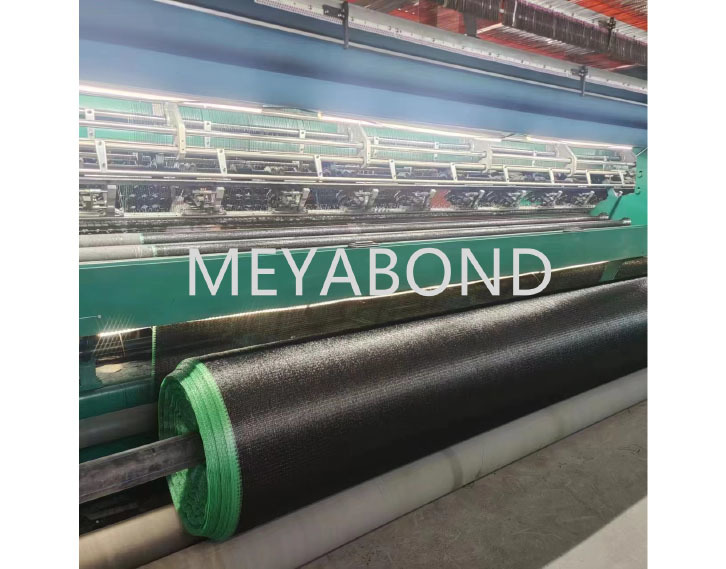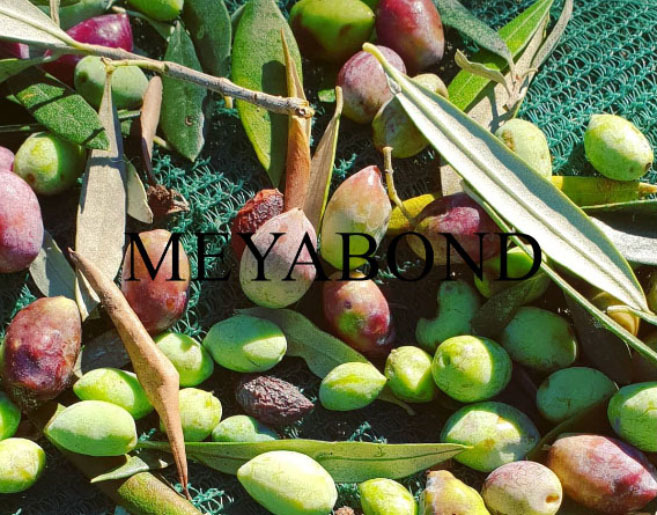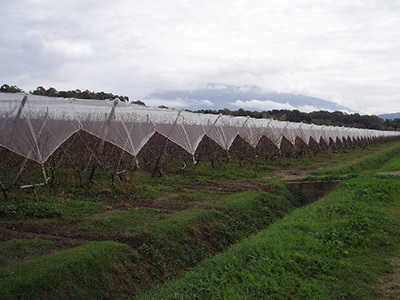Maximize Your Harvest: The Benefits of Using Date Bags in Farming
Maximize Your Harvest: The Benefits of Using Date Bags in Farming
Table of Contents
- Introduction to Date Bags in Farming
- What Are Date Bags?
- Benefits of Using Date Bags in Farming
- How to Use Date Bags in Farming
- Best Materials for Date Bags
- Case Studies and Success Stories
- Frequently Asked Questions
- Conclusion
Introduction to Date Bags in Farming
In today's competitive agricultural landscape, farmers are continuously searching for innovative ways to enhance their productivity and quality. **Date bags**, an emerging tool in the farming industry, are gaining attention for their remarkable benefits. These specialized bags offer a myriad of advantages, from improved fruit quality to efficient pest control. As we explore the benefits of using date bags in farming, we'll uncover how this simple yet effective solution can transform your agricultural practices and maximize your harvest.
What Are Date Bags?
Date bags are protective coverings designed specifically for dates and other fruits. Made from various materials, including breathable fabrics and mesh, these bags encase fruits while allowing airflow and moisture to escape. This innovative solution serves multiple purposes, including protection from pests, diseases, and adverse weather conditions. By using date bags, farmers can ensure that their fruits develop optimally, leading to a more substantial and higher-quality harvest.
Benefits of Using Date Bags in Farming
The utilization of date bags in farming has several compelling benefits. These advantages not only enhance productivity but also contribute to sustainable agricultural practices. Below, we delve deeper into the key benefits of employing date bags in your farming operations.
Enhanced Fruit Quality
One of the most significant advantages of using date bags is the enhancement of fruit quality. When fruits are protected from external factors such as pests and harsh weather, they can reach their full potential. The bags prevent physical damage, ensuring that the fruit remains intact and free from blemishes. Consequently, farmers can expect to produce high-quality fruits that are more appealing to consumers, leading to better market prices.
Pest and Disease Protection
Farmers often face the challenge of managing pests and diseases that can devastate their crops. Date bags provide an effective barrier against various agricultural pests, such as insects and birds, which can harm fruits before harvest. Additionally, the bags help minimize the risk of diseases caused by fungal pathogens that thrive in damp environments. By protecting fruits from these threats, farmers can reduce their reliance on chemical pesticides, contributing to a more eco-friendly approach to farming.
Weather Resilience
Unpredictable weather patterns can pose significant risks to agricultural production. Date bags act as shields against harsh weather conditions, including excessive rain, strong winds, and intense sunlight. By providing a protective layer, these bags help fruits maintain their moisture levels and prevent sunscald, ensuring that crops are less affected by the elements. This weather resilience ultimately leads to a more consistent and reliable harvest.
Harvest Efficiency
The efficiency of harvesting is critical for farmers looking to maximize their yields. Date bags can streamline the harvesting process by making it easier to identify ripe fruits. With bags clearly indicating the maturity of the fruit, farmers can save time and labor during harvest. Furthermore, the protective nature of date bags reduces the likelihood of damage during picking, ensuring that fruits remain in excellent condition from the field to the market.
How to Use Date Bags in Farming
Implementing date bags into your farming practices is relatively straightforward. Here’s a step-by-step guide to effectively utilize date bags:
1. **Select the Right Size**: Choose date bags that are appropriately sized for the fruits you intend to protect. The bags should be large enough to accommodate the fruits' growth without constricting them.
2. **Timing**: Apply date bags during the early stages of fruit development. This timing allows fruits to acclimatize while still benefiting from the protection offered by the bags.
3. **Proper Installation**: Ensure that the bags are securely fastened around the fruits, allowing for adequate airflow. Proper installation prevents the risk of bags blowing away or becoming dislodged.
4. **Monitoring**: Regularly check the bags for any signs of damage or pests. Early intervention can prevent potential issues and ensure that your harvest remains healthy.
5. **Harvesting**: Once the fruits are ripe, carefully remove the bags. This process should be done gently to avoid damaging the fruit.
Best Materials for Date Bags
Selecting the right materials for date bags is essential for maximizing their effectiveness. Some of the most common materials used include:
- **Non-woven Fabric**: Lightweight and breathable, non-woven fabric bags offer excellent airflow while providing protection from pests and disease. They are also reusable, making them an eco-friendly choice.
- **Mesh Bags**: Mesh bags allow for optimal ventilation while keeping pests at bay. Their transparency also lets farmers monitor fruit ripening without removing the bags.
- **Paper Bags**: Biodegradable paper bags are a sustainable option for farmers seeking to reduce their environmental footprint. While they provide less durability than fabric or mesh, they are effective for short-term use.
By choosing the right material, farmers can ensure that their date bags effectively protect their fruits while still being mindful of environmental concerns.
Case Studies and Success Stories
Numerous farmers have reaped the benefits of using date bags in their operations. For instance, a cooperative in California implemented date bags across their date palm orchards. By doing so, they reported a 30% increase in fruit yield and a significant reduction in pest-related damage. Farmers also noted improved fruit quality, which contributed to higher market prices and overall profitability.
Another success story comes from a small-scale farmer in the Middle East. After transitioning to date bags, this farmer experienced a marked decrease in the use of chemical pesticides. As a result, not only did the quality of the fruits improve, but the farm also attracted a clientele interested in organic produce. The implementation of date bags not only enhanced the farm's sustainability but also boosted its market appeal.
Frequently Asked Questions
1. How long can date bags be used for?
Date bags are generally designed for a single growing season; however, some materials, like non-woven fabric, can be reused if maintained properly.
2. Are date bags environmentally friendly?
Many date bags are made from biodegradable or recyclable materials, making them a more environmentally friendly option compared to traditional plastic coverings.
3. Can date bags be used for other fruits?
Yes, date bags can be used for various fruits, including apples, pears, and peaches, to protect them from pests and enhance quality.
4. Do date bags affect the taste of the fruit?
No, date bags do not affect the taste of the fruit. They serve only as protective coverings, allowing fruits to develop their natural flavors.
5. Where can I purchase date bags?
Date bags are available at agricultural supply stores, garden centers, and online marketplaces. It's essential to choose a reputable supplier for quality products.
Conclusion
In conclusion, the incorporation of **date bags** in farming practices presents a multitude of benefits that can significantly enhance productivity and quality. From pest and disease protection to improved harvest efficiency, these protective coverings offer a practical solution for modern-day farmers. As the agricultural industry increasingly embraces innovative techniques, incorporating date bags into your farming operations can set you apart and maximize your harvest. By investing in this simple yet effective tool, you not only improve your yield but also contribute to a more sustainable approach to farming. Embrace the changes, and watch your agricultural success flourish!
Key words:
Related News
CONTACT US
Email: sales8@meyabond.com
Tel: +8618911966213
No.3 Yard, ZhongHe Road, 100071,FengTai District, Beijing, China
Email: sales8@meyabond.com
Tel: +8618911966213
No.3 Yard, ZhongHe Road, 100071,FengTai District, Beijing, China
















